Tipping movers usually amount to 5% to 20% of your total moving bill. This percentage can vary based on factors like the move's complexity, distance, and quality of service. It's important to follow proper etiquette while tipping. Additionally, you can show appreciation in other ways, such as offering meals or drinks.
Overview
Tipping at sit-down restaurants is common, but did you know that you are also supposed to tip movers?
If you get the help of friends and family for your move, offering free pizza and beer can be a nice gesture. However, determining when and how much to tip movers can be tricky.
Consider this: your moving crew puts in just as much effort as other service industry professionals. Professional movers handle various challenges, from carefully packing and unpacking your belongings to navigating narrow stairways and tight corners.
Though not mandatory, a tip for all their hard work is a way to show gratitude and good manners.
Whether you are confused about how much to tip movers or debating whether to tip at all, we provide insights into the industry standard.

According to a survey, the highest reported tip for movers was $1,000.
How Much to Tip Movers?
It depends on how helpful they have been and how long they have worked. If they have done a great job, they deserve a tip.
The amount you tip can vary based on factors like service quality, the move's difficulty, and your budget.
Mallory Micetich, a home care expert, suggests that a decent tip for movers should be between 10% and 20% of the total moving bill.
If you choose to tip each mover separately, the calculation shifts slightly. According to Nick Valentino, a marketing expert, suggests that a reasonable starting tip is $5 to $10 per mover per hour.
Consider the scale and challenges of your move when determining the appropriate tip.
- For large and long-distance relocations, aiming for around 20% is reasonable.
- Medium or small-sized moves typically warrant a tip ranging from 15% to 20%.
For example, if you're looking at a $2,000 long-distance move, a $400 tip would be appropriate, split between the two movers, especially if they have demonstrated exceptional dedication to meeting your needs throughout the day.
Additionally, the complexity of the move should be taken into account. If, for example, the movers had to navigate stairs and transport delicate items like a piano across cities, it's worth recognizing their efforts and considering adjusting the total tip accordingly.

According to a survey conducted by HomeAdvisor, 31%of respondents said they typically tip their movers between $10to$20 per mover, while 23%said they tip between$20to$50per mover.
How Much to Tip Long-Distance Movers
| Distance (miles) | Suggested Tip (%) | Example Amount (for $1000) |
|---|---|---|
| Less than 100 | 5-10% | $50 - $100 |
| 100 - 500 | 10-15% | $100 - $150 |
| 500 - 1000 | 15-20% | $150 - $200 |
| Over 1000 | 20%+ | $200+ |
Note: This table offers recommended tipping percentages, corresponding to various distances, for a $1000 total moving cost. Tip percentages typically increase with distance traveled.
To find the best long-distance moving companies, click here.
How Much to Tip Local Movers
| Distance (miles) | Suggested Tip (%) | Example Amount (for $1000) |
|---|---|---|
| Less than 50 | 5-10% | $50 - $100 |
| 50-100 | 10-20% | $100 - $200 |
| 100-200 | 15-25% | $150 - $250 |
| More than 200 | 20-30% | $200 - $300 |
Note: These are general guidelines and can vary depending on factors such as service quality, the move's complexity, and your budget.
Check out the best local moving companies here.
How Much to Tip Movers Per Hour
| Hourly Rate | Suggested Tip (%) | Example Amount (for $100 per hour) |
|---|---|---|
| $50 - $75 | 10-15% | $5 - $11 |
| $76 - $100 | 15-20% | $11 - $20 |
| $101 - $150 | 20-25% | $20 - $38 |
Note: These are general guidelines and can vary depending on factors such as service quality, the move's complexity, and your budget.
If you are confused about hiring a moving company, check out our blog on Benefits Of Hiring A Moving Company.
How Much to Tip Packers
| Amount of Packing Work | Suggested Tip (%) | Example Amount (for $500) |
|---|---|---|
| Light packing (few items) | 5-10% | $25 - $50 |
| Moderate packing (1-2 rooms) | 10-15% | $50 - $75 |
| Heavy packing (whole house) | 15-20% | $75 - $100 |
Note: These are general guidelines and can vary depending on factors such as service quality, the move's complexity, and your budget.
Looking for packing tips? Click here.
How Much to Tip Piano Movers
| Size of Piano | Suggested Tip (%) | Example Amount (for $500) |
|---|---|---|
| Upright or Spinet | 10-15% | $50 - $75 |
| Baby Grand or Grand | 15-20% | $75 - $100 |
| Concert Grand | 20-25% | $100 - $125 |
Note: These are general guidelines and can vary depending on factors such as service quality, the move's complexity, and your budget.
If you want to find same-day movers, click here.
Do I Tip Each Mover Individually?
To ensure fairness, it's recommended to tip each mover separately.
For example, if you have four movers and want to tip $400 in total for a $4,000 job, giving each mover $100 would distribute it evenly. If you observe one mover going above and beyond, it's fine to tip them a bit extra to acknowledge their effort.
Alternatively, if you prefer not to tip individuals directly, you can give the lump sum to the crew chief for distribution among the team.
Etiquette for Tipping Professional Movers
Tipping professional movers is customary to acknowledge their hard work and dedication. Here are some guidelines to consider:
Heavy or Delicate Items:
If the movers handle particularly heavy or delicate items with care and skill, consider tipping more generously to recognize the extra effort and attention to detail required.
Budget Appropriately:
While tipping is a thoughtful gesture, it's important to budget appropriately. Consider your financial situation and the level of service provided when determining how much to tip.
Outstanding Service:
Exceptional service deserves recognition. If the movers go above and beyond, such as being exceptionally efficient, polite, or accommodating, consider tipping on the higher end of the spectrum.
Tough Conditions:
If the move involves challenging conditions such as extreme weather, long distances, or difficult terrain, consider tipping more generously to acknowledge the additional effort.
Delayed Arrival or Slow Work:
If the movers arrive late or the job takes longer than expected due to factors within their control, you may adjust the tip accordingly. However, it's essential to consider if the delay was due to circumstances beyond their control.
Rudeness or Carelessness:
If the movers display rudeness or carelessness, it's appropriate to reassess the tip amount or withhold it altogether. Tipping is a form of appreciation for quality service, and poor behavior does not merit a tip.
Distribute Tips Fairly:
If there's a team of movers, ensure that tips are distributed fairly among all members based on their contributions.

The average tip for movers has been increasing over the years. According to data from Thumbtack, the average tip per mover increased from$20 in 2016to$40in 2020.
How Can You Tip Movers
Tipping movers is a gesture of appreciation for their hard work and the care they have taken with your belongings during the moving
| Tipping Method | Description |
|---|---|
| Cash | Simplest method, allows for exact amounts and easy distribution among movers. |
| Check | Provides a written record of tips but may take longer and be less convenient for recipients. |
| Credit card | Check with the moving company about their policy for processing credit card tips. |
| Digital payment apps | Some movers accept tips through Venmo or Cash App but confirm their preferences first. |
Factors to Consider When Calculating How Much to Tip
When calculating how much to tip, various factors must be taken into account to ensure that your gratuity reflects both the quality of service you received and the customs of the location you are in.
- Time and Effort: A larger tip may be warranted if the move takes longer or requires significant physical exertion.
- Complexity of the Job: More complex moves, such as navigating stairs or moving heavy or delicate items, may warrant a larger tip.
- Quality of Service Provided: If the movers were exceptionally professional, careful, and helpful, you might want to show your appreciation with a higher tip.
- Number of Movers: More movers typically mean more work is being done, so consider tipping each mover individually or adjusting the tip amount accordingly.
- Size of the Move: Larger moves generally require more time and effort, so consider tipping proportionally to the size of the job.
- Final Relocation Cost: Some people base their tip on a percentage of the total moving cost, like tipping in a restaurant.
- Distance of the Move: If the move was long-distance, involving travel or overnight stays for the movers, you might want to factor that into your tip.
- After-Move Item Condition: If the movers took exceptional care of your belongings and everything arrived in good condition, you might feel inclined to tip more generously.

Some moving companies include a service charge or gratuity in the total cost, so tipping on top of that might not be necessary.
Alternative Expressions of Gratitude
In addition to tipping, there are alternative ways to express gratitude for movers' hard work and professionalism.
- Providing Meals: A meal during the move keeps things running smoothly and shows appreciation to the crew. Ask them for meal preferences that are different from the usual pizza.
- Drinks: Offering cold drinks like water and sports drinks in hot weather and warm drinks like tea or coffee in the winter is a common courtesy. Avoid alcohol to keep things professional and safe.
- Sharing Snacks: Since moving day can be lengthy, having snacks available between meals is essential. Snacks like granola bars, fruits, or sandwiches can offer a quick energy boost during breaks and keep morale high.
- Sincere "Thank You" Gestures: Sometimes, a simple "thank you" accompanied by a genuine smile and handshake can mean a lot. Personal gestures of appreciation go a long way in recognizing their hard work.
- Leaving Positive Reviews: Consider leaving a positive online review for the crew and company after the move. Not only does this show gratitude, but it also helps their business grow and attract more customers.
When Should You Not Tip Movers?
Tipping movers are generally considered customary, especially if they provide good service. However, there are situations where you might reconsider tipping or provide a smaller tip:
- Poor Service: If the movers were rude, careless with your belongings, or unprofessional, you might decide not to tip or tip less.
- Damage or Loss: If your belongings are damaged or lost during the move due to the movers' negligence, you might withhold or reduce the tip as compensation for the inconvenience.
- Late Arrival or Completion: If the movers arrive significantly late or take much longer than expected to complete the job, you might consider adjusting the tip accordingly, especially if it causes inconvenience or disrupts your plans.
- Hidden Fees or Charges: If you feel the moving company has added undisclosed fees or charges to your bill, you might withhold the tip as a form of protest or negotiation.
- Safety Concerns: If you feel that the movers didn't follow safety protocols or put themselves, your belongings, or your property at risk, you might decide not to tip to express dissatisfaction and concern.



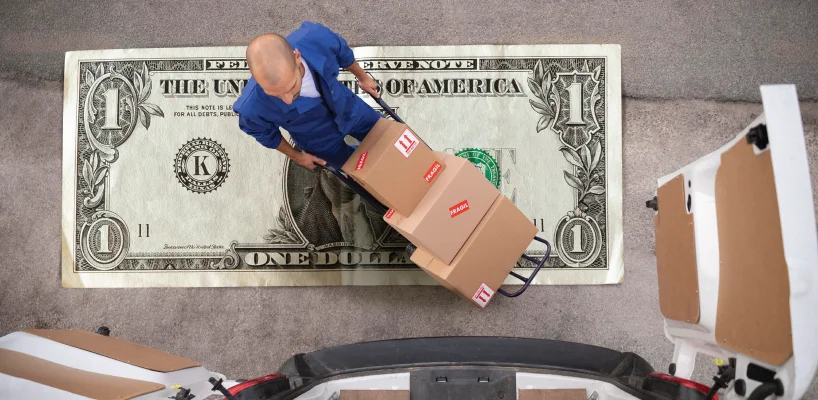











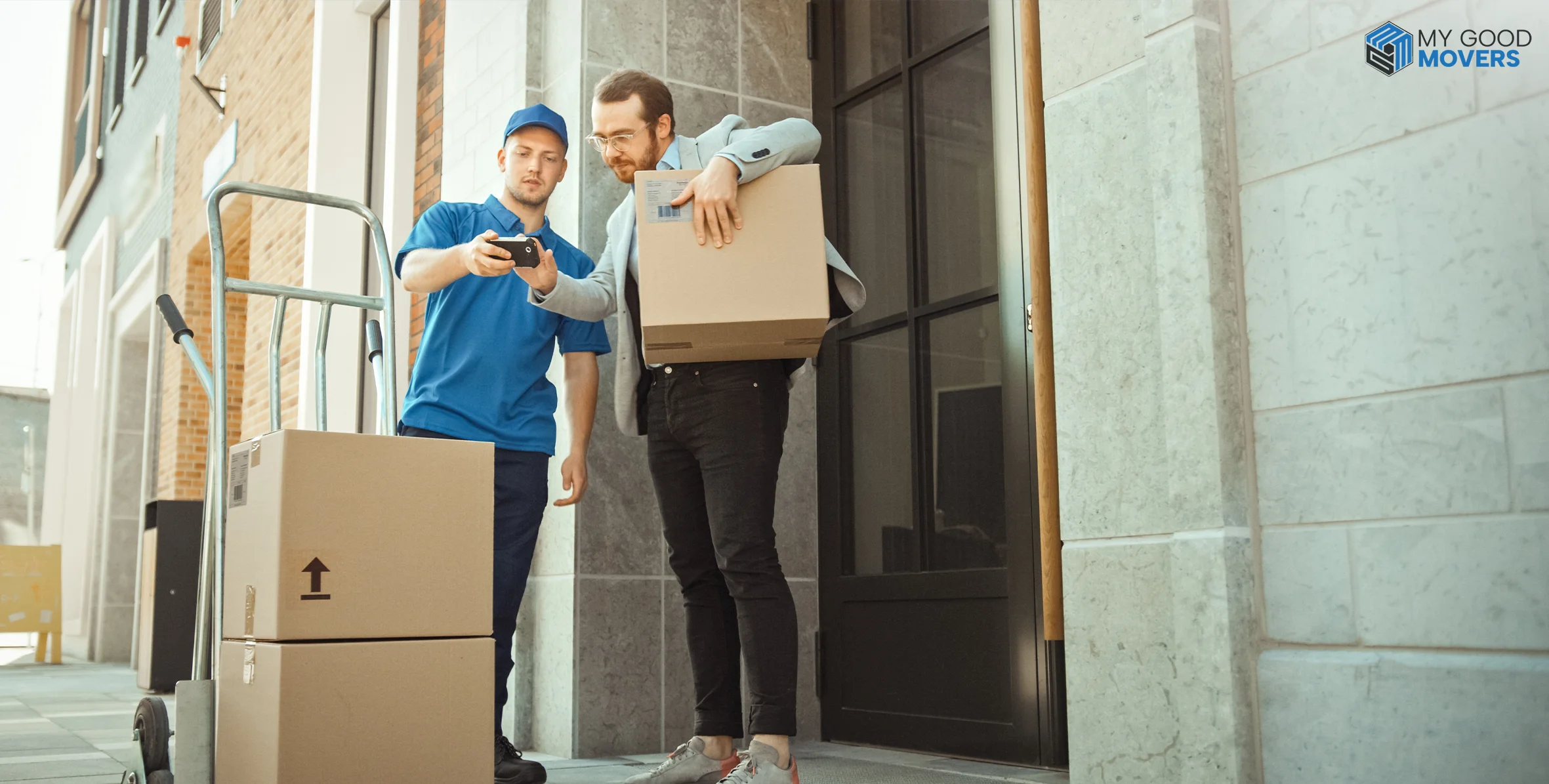


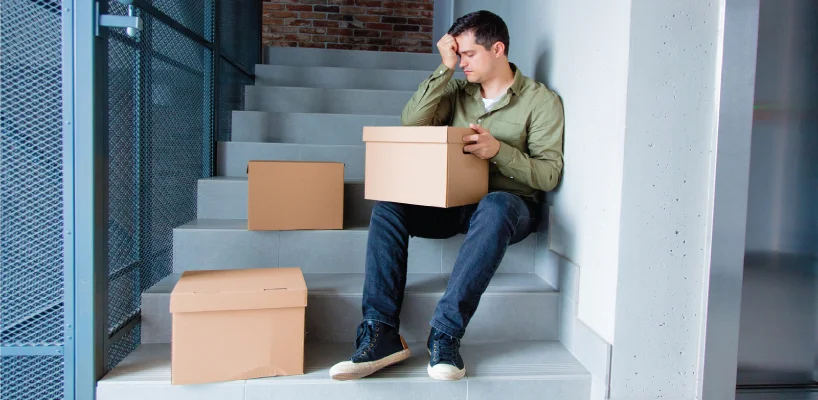
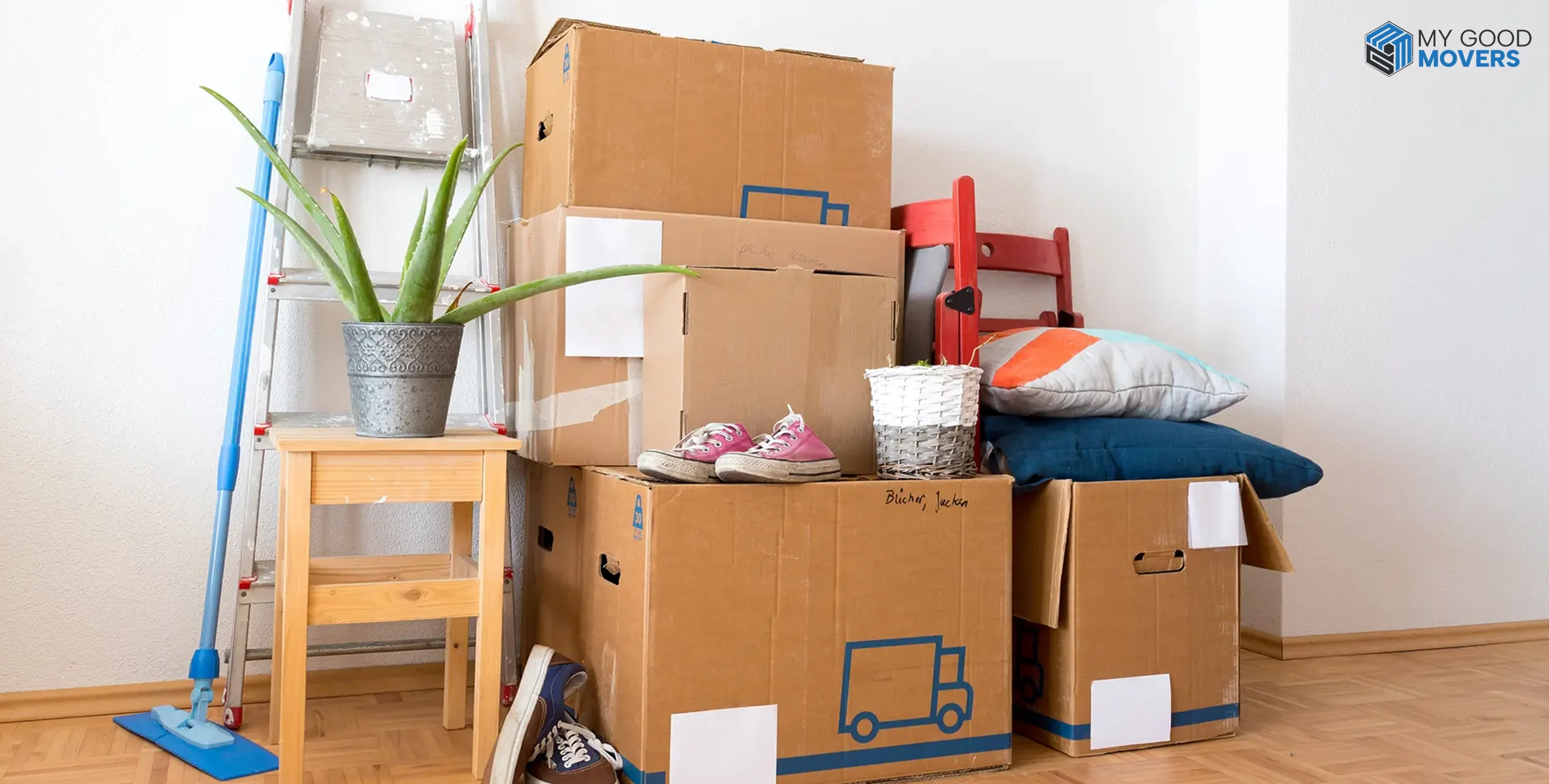









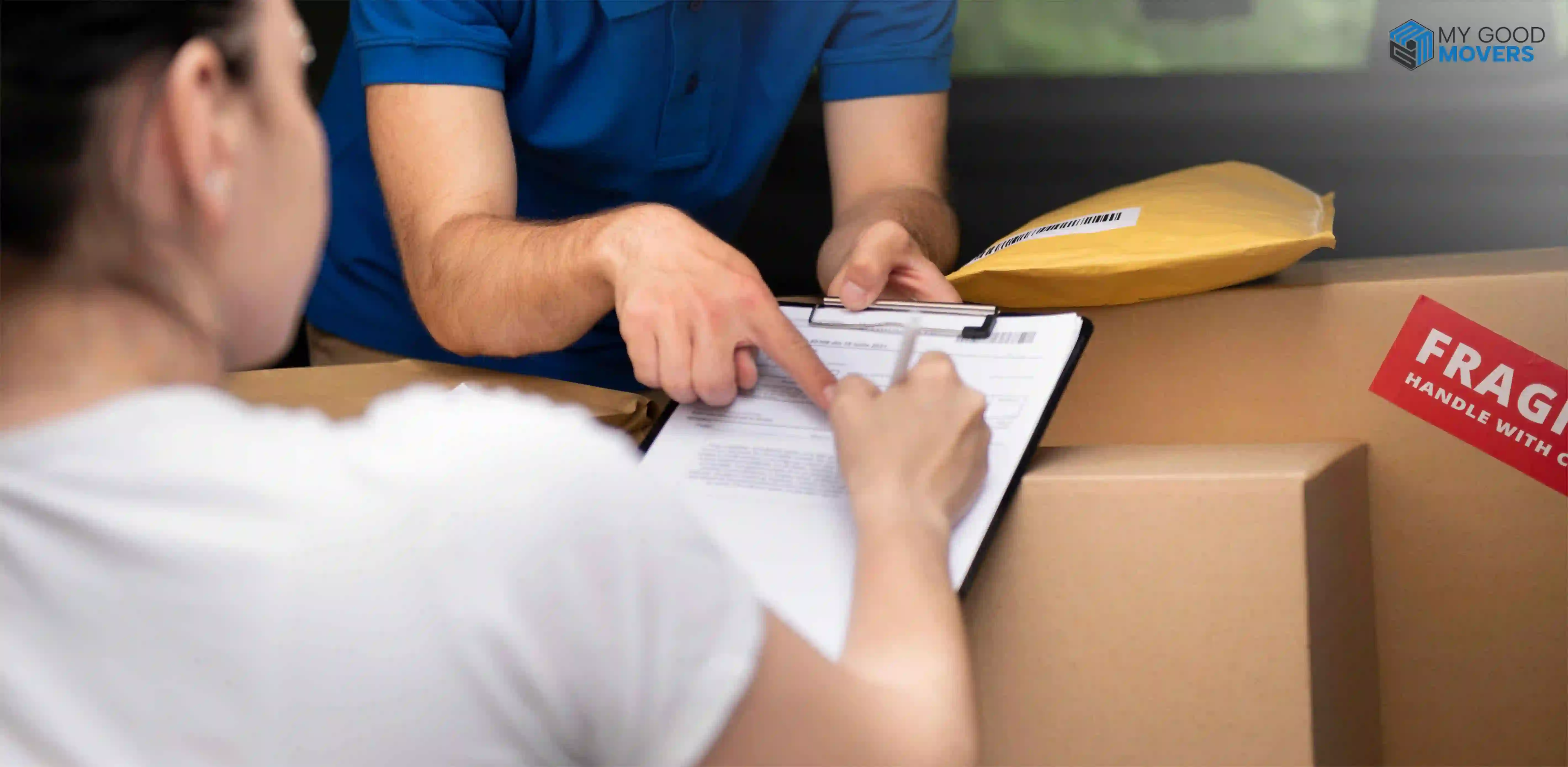






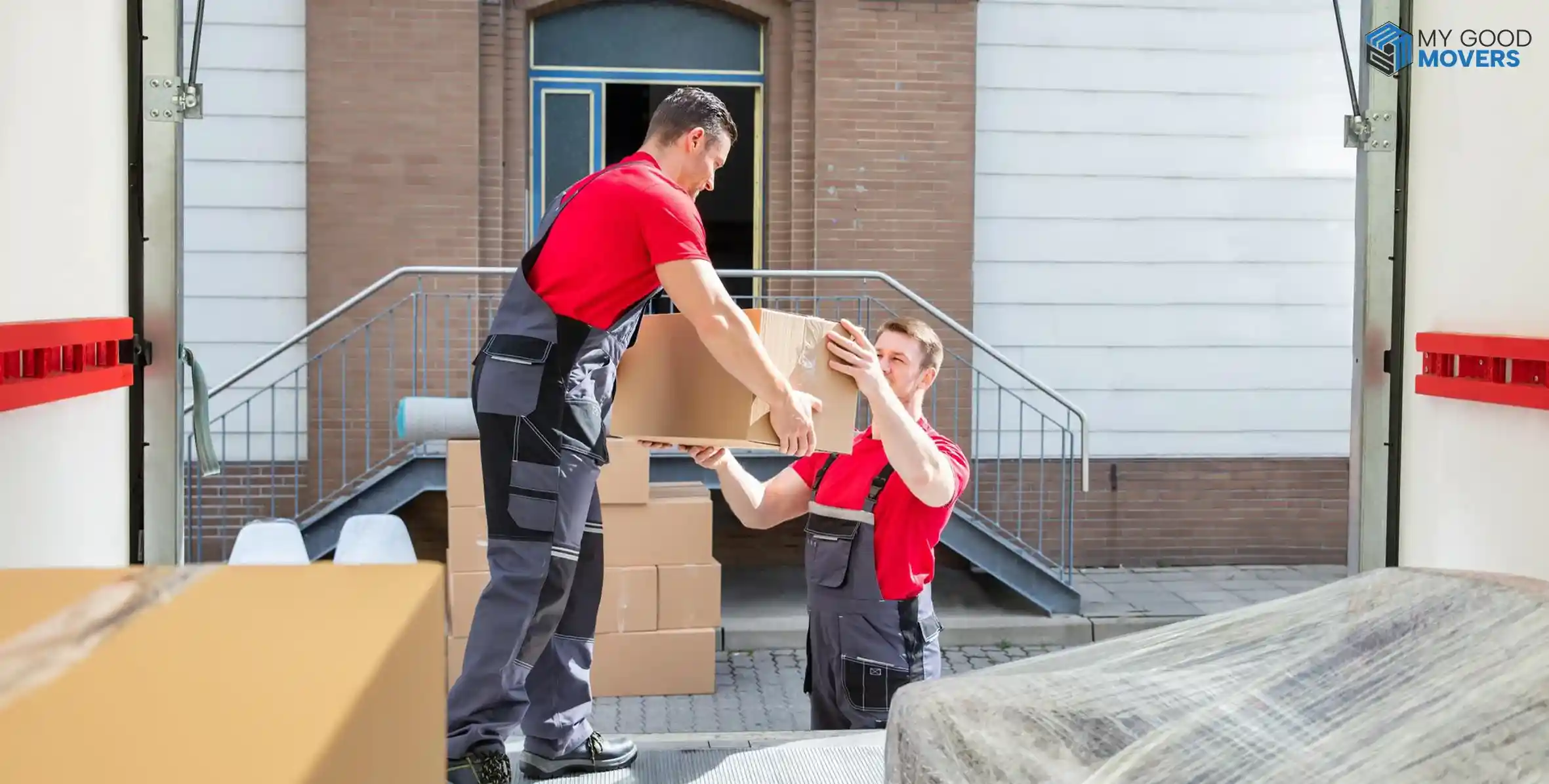


















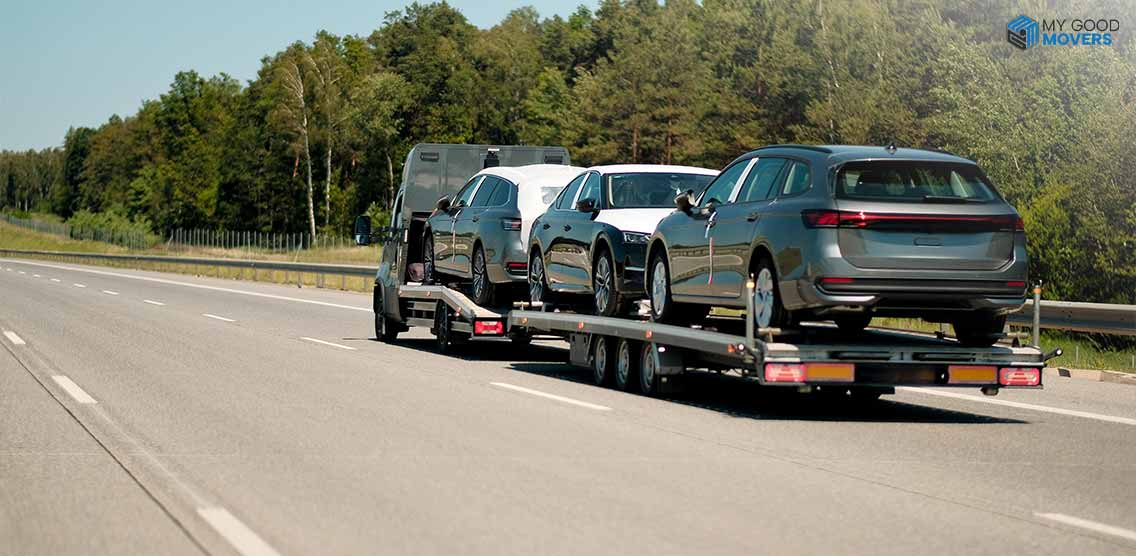
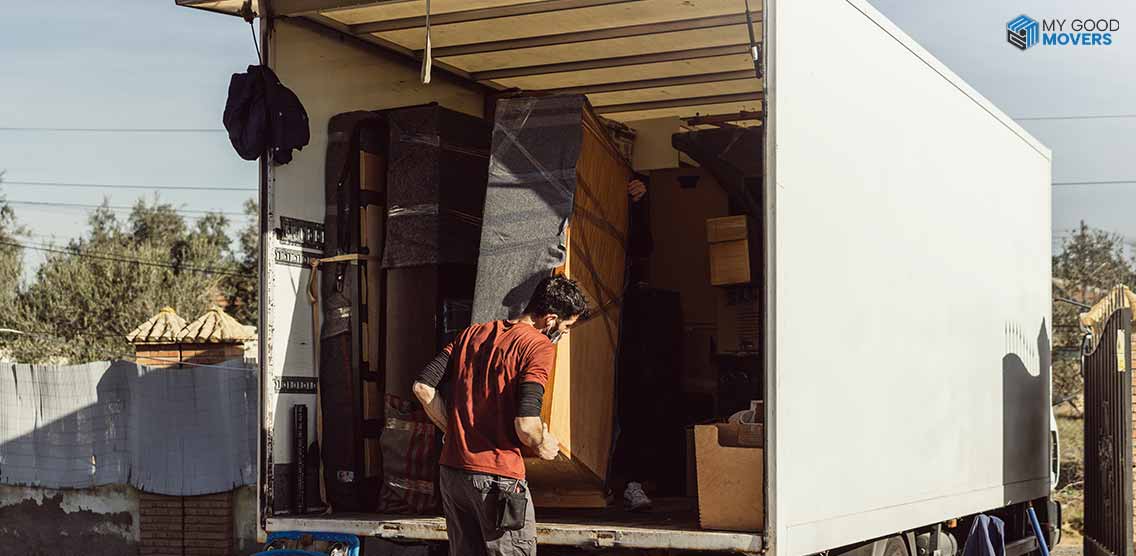
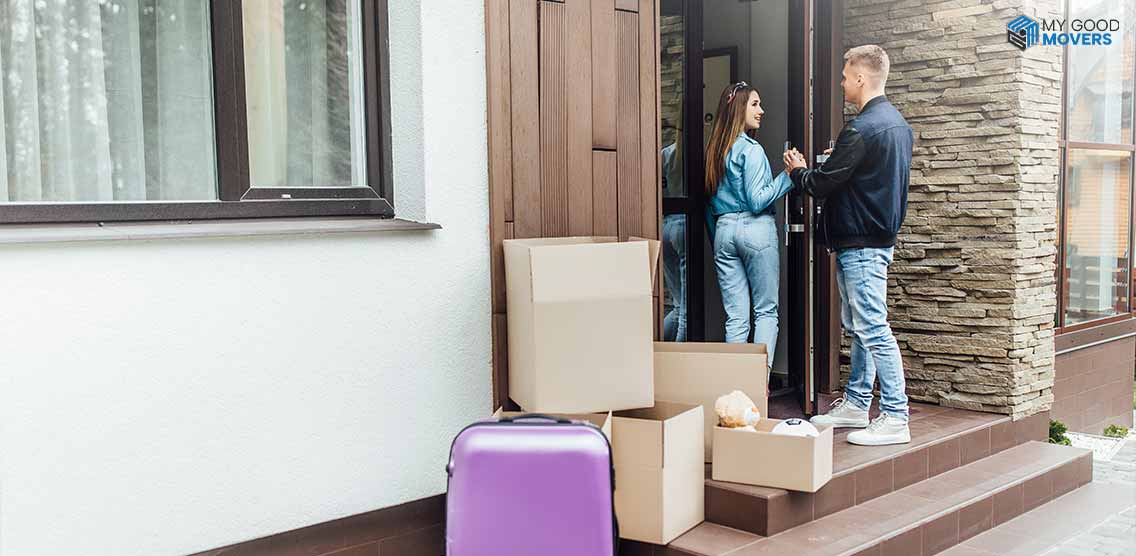


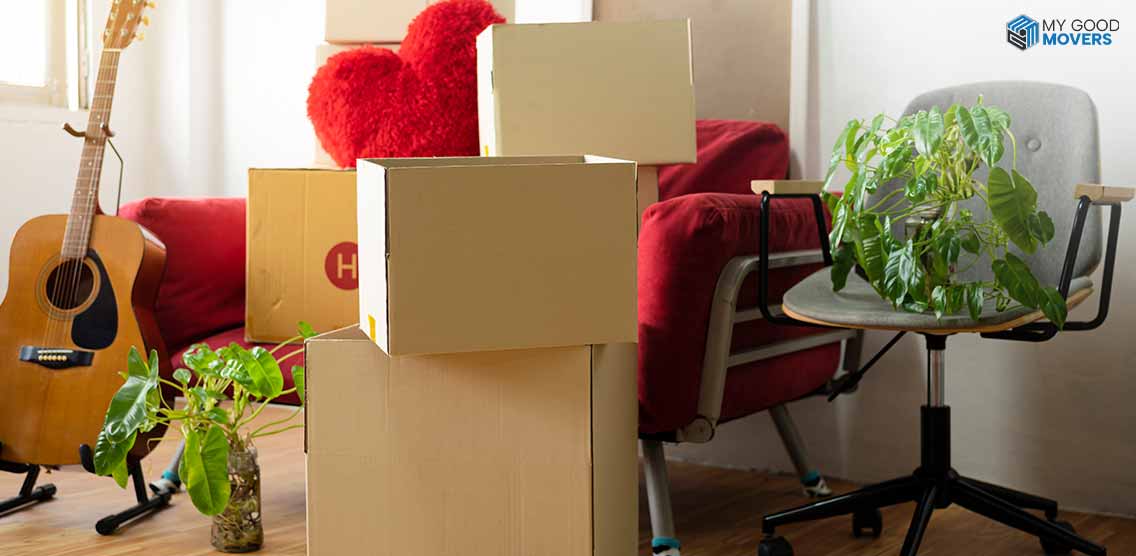






















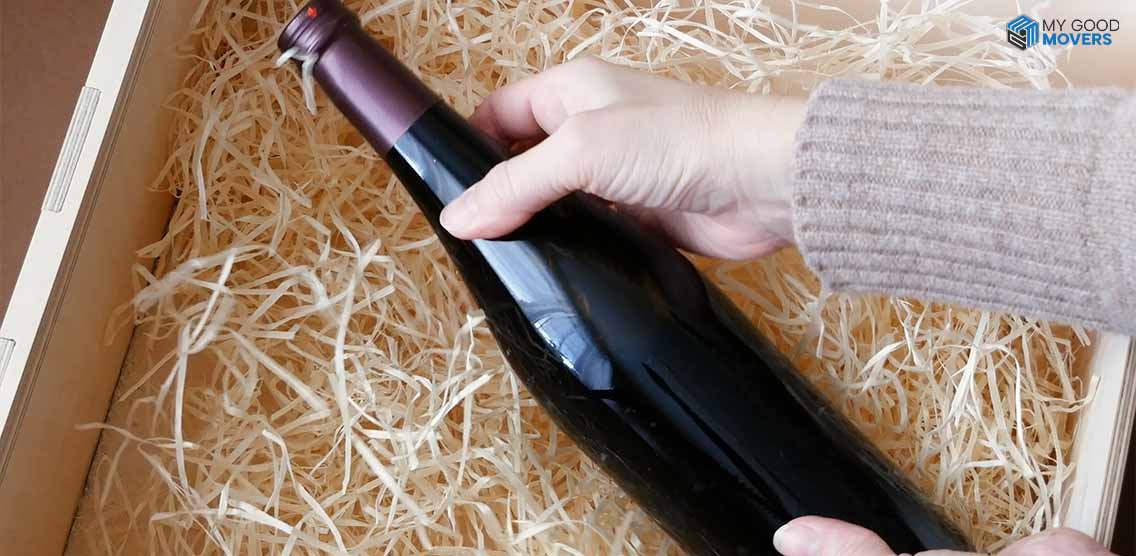

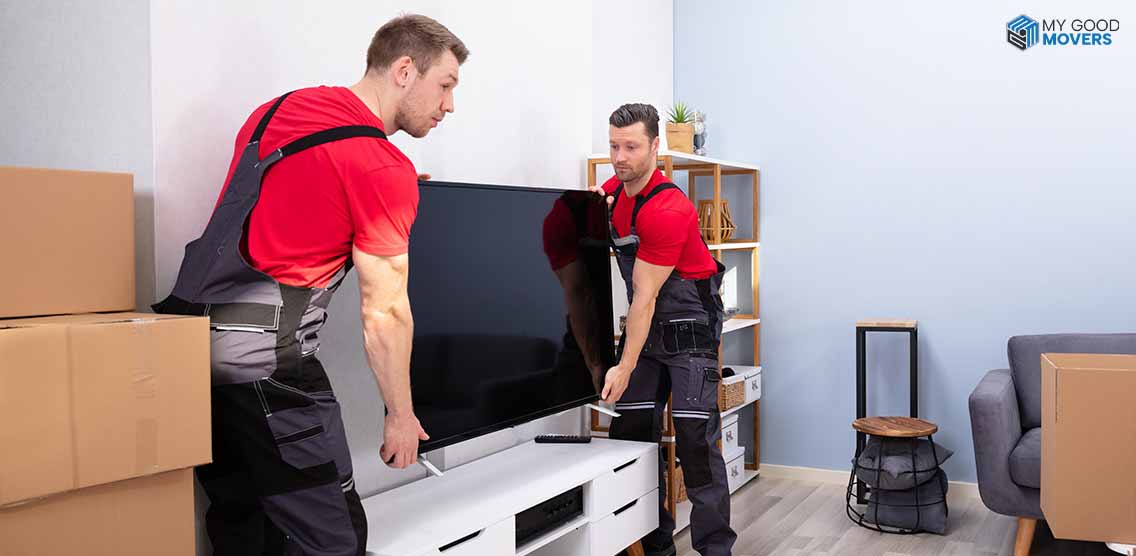





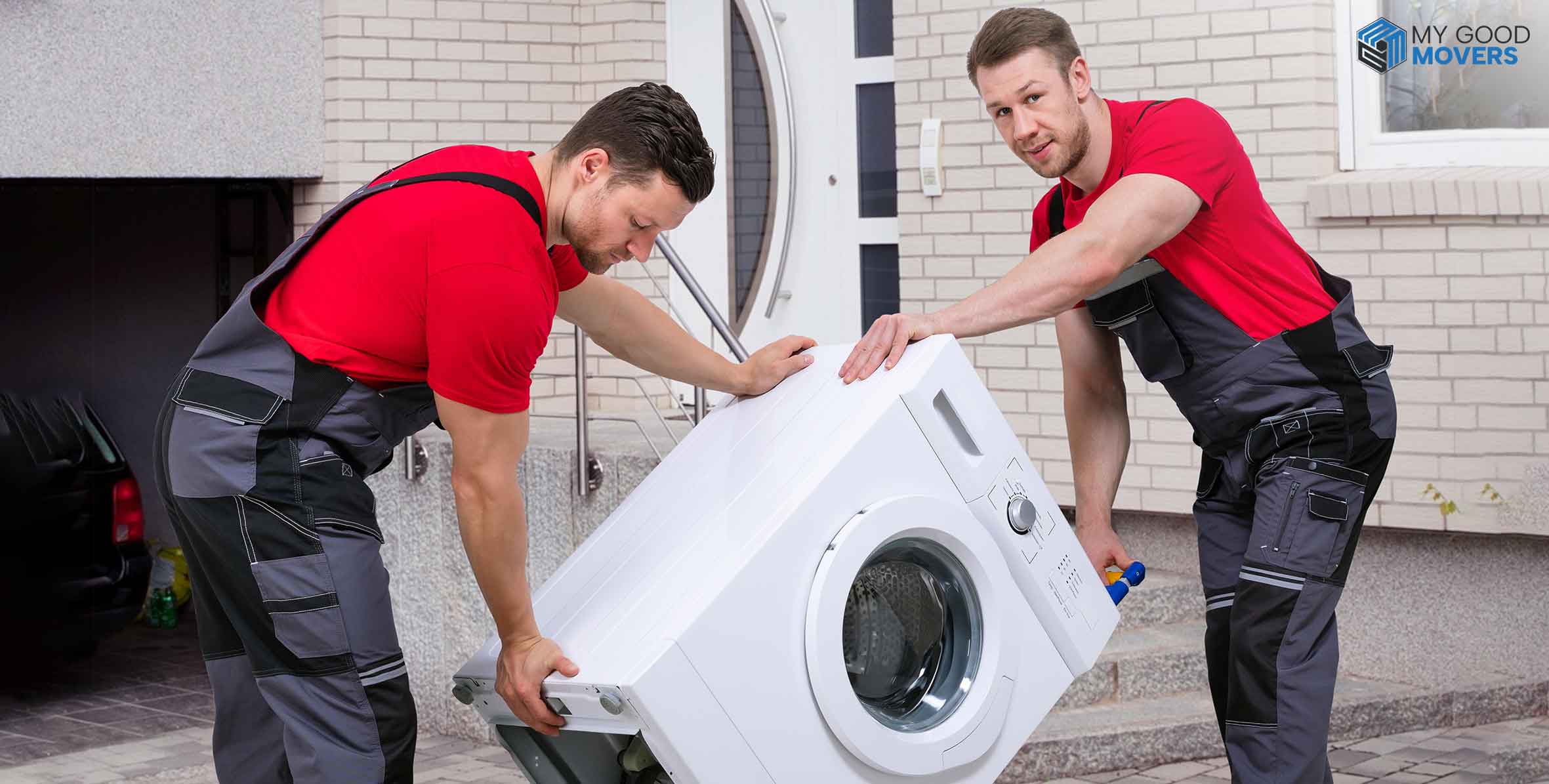





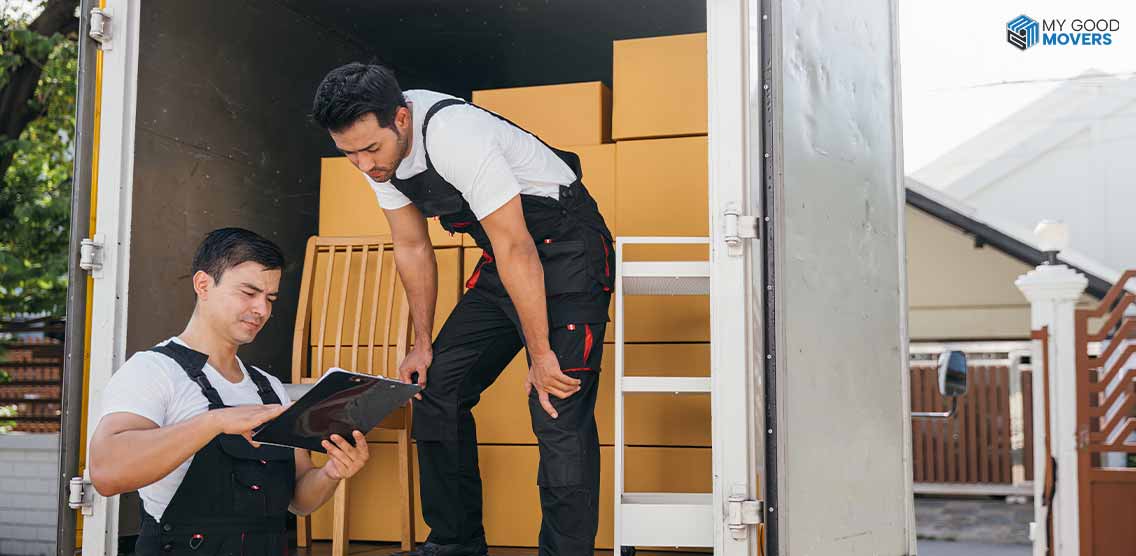

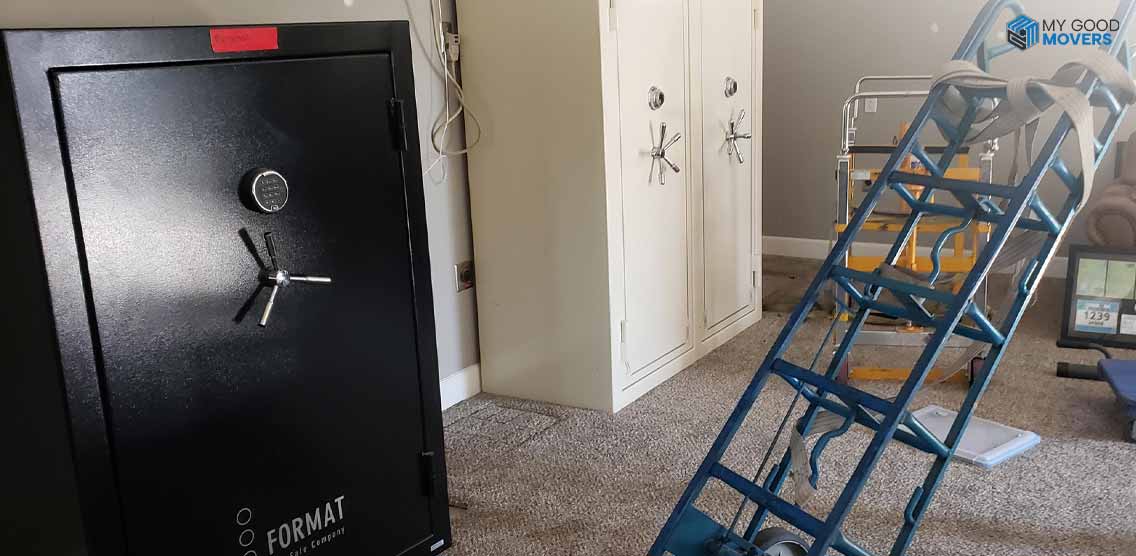









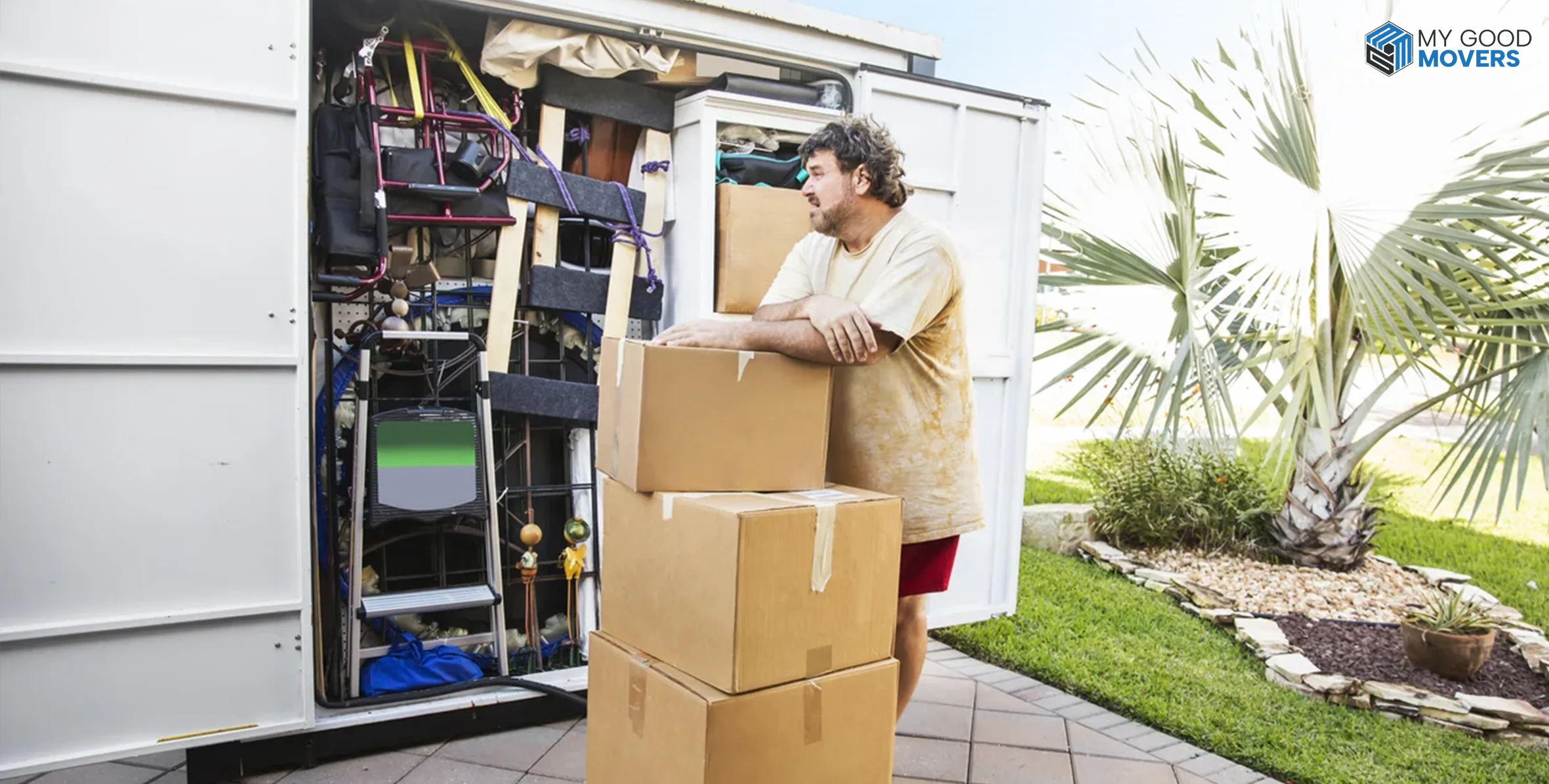
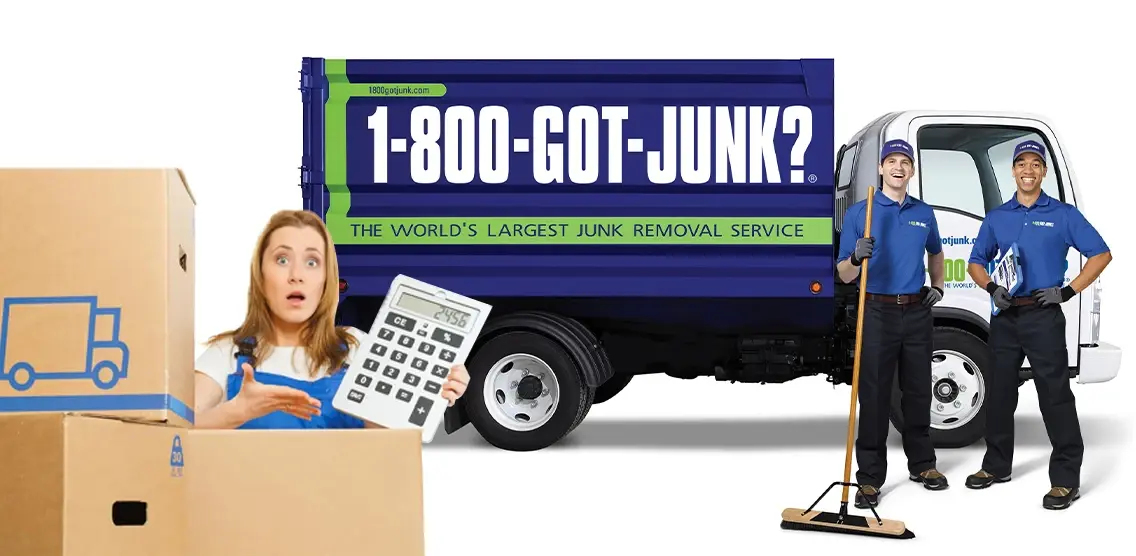






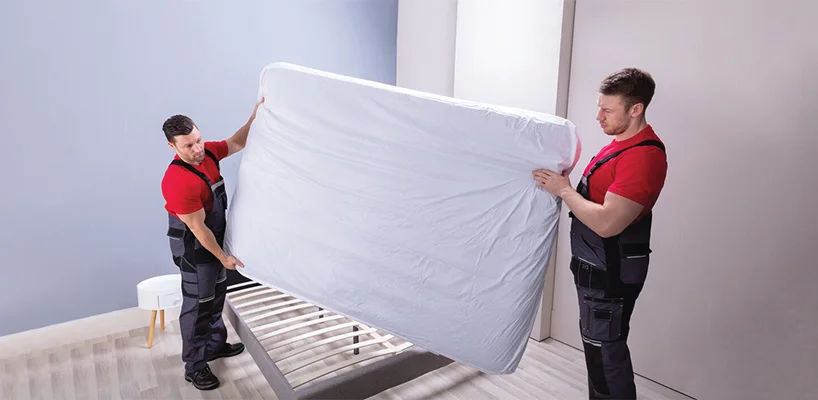
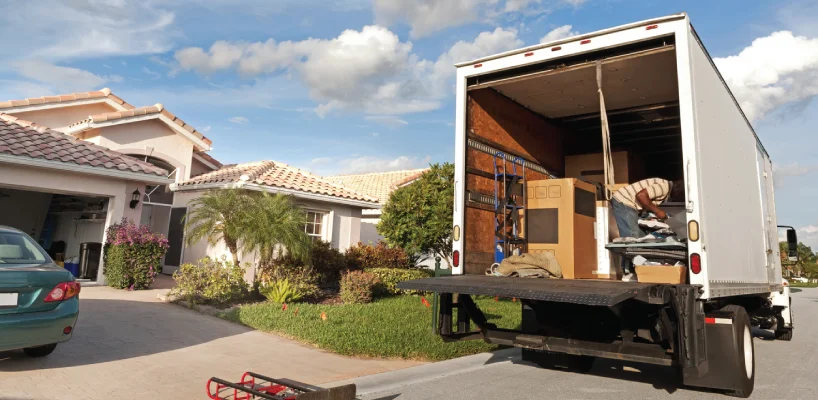



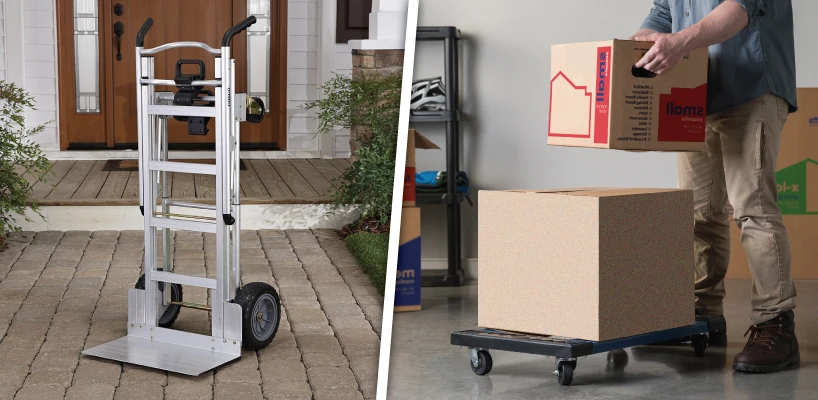
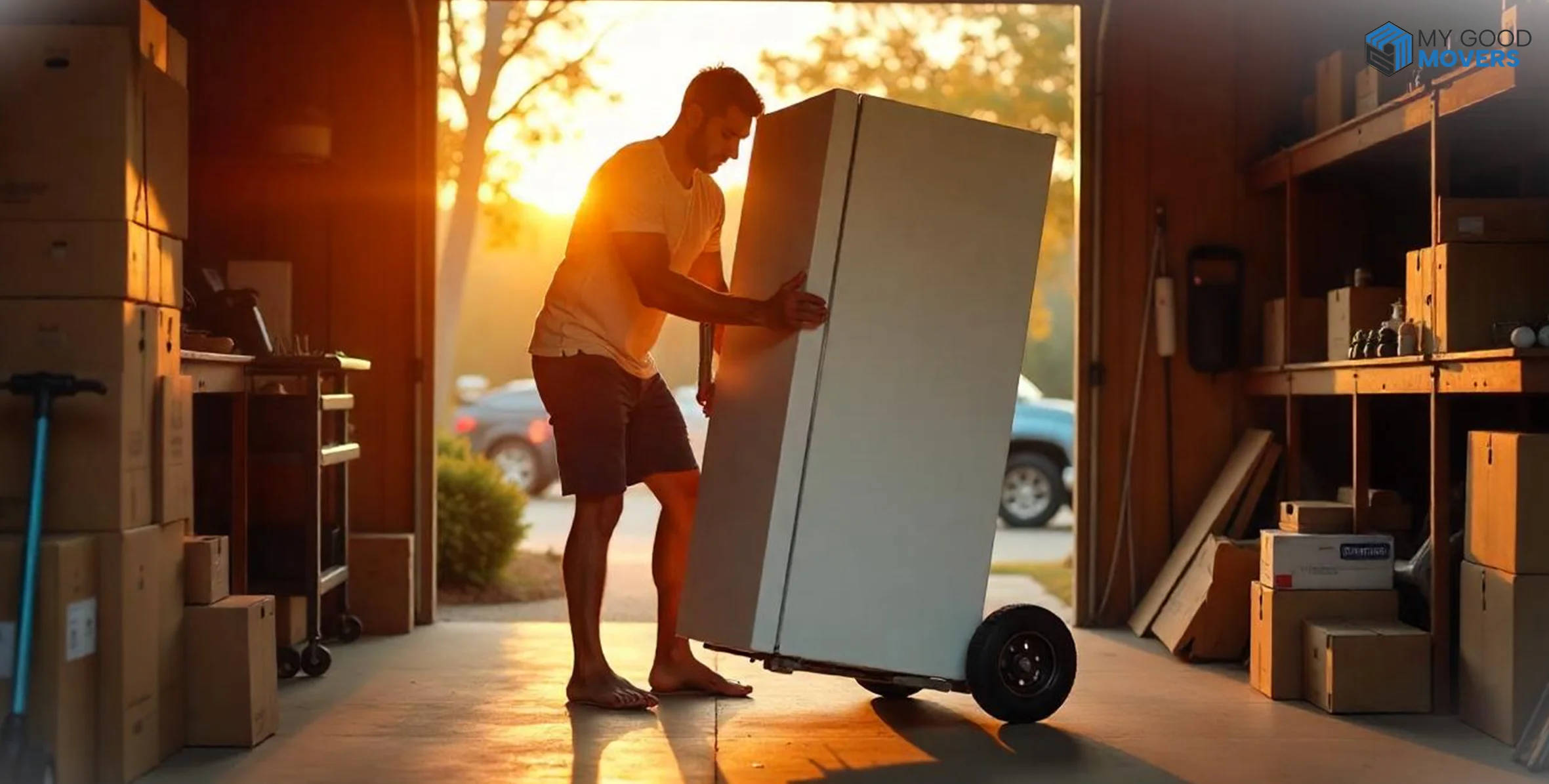
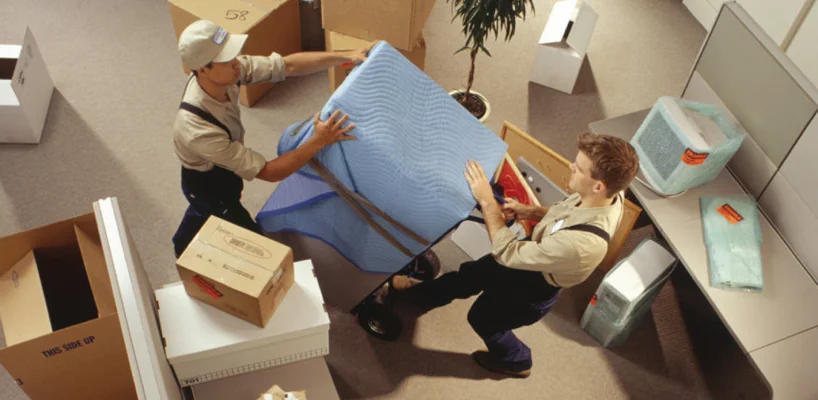


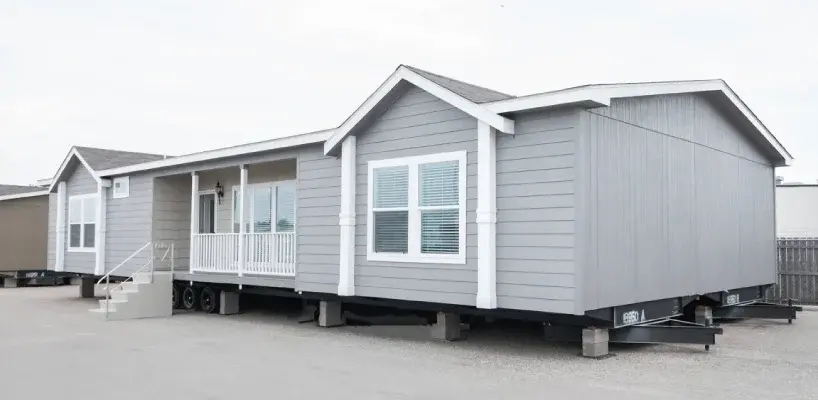


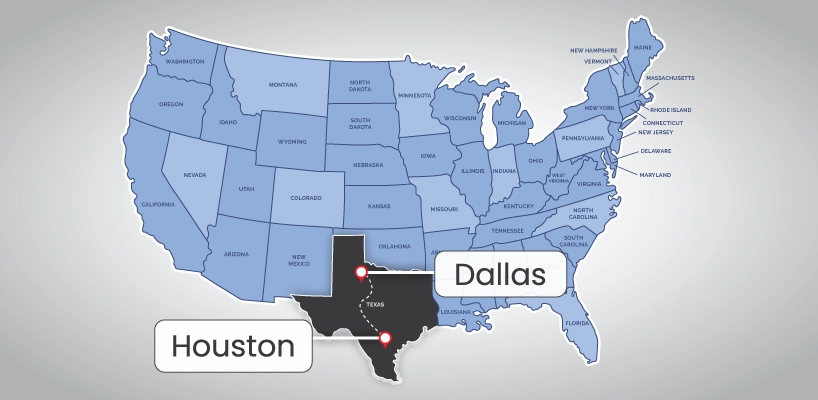


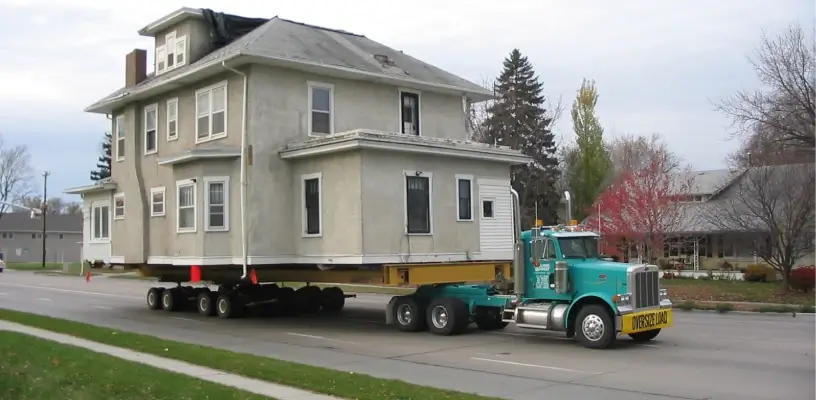
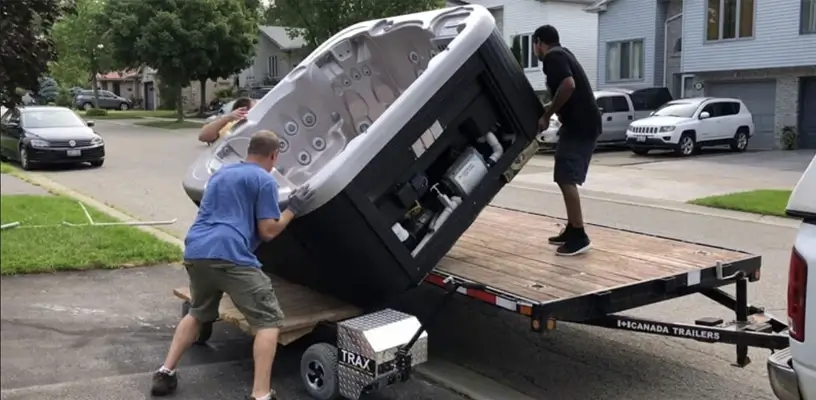




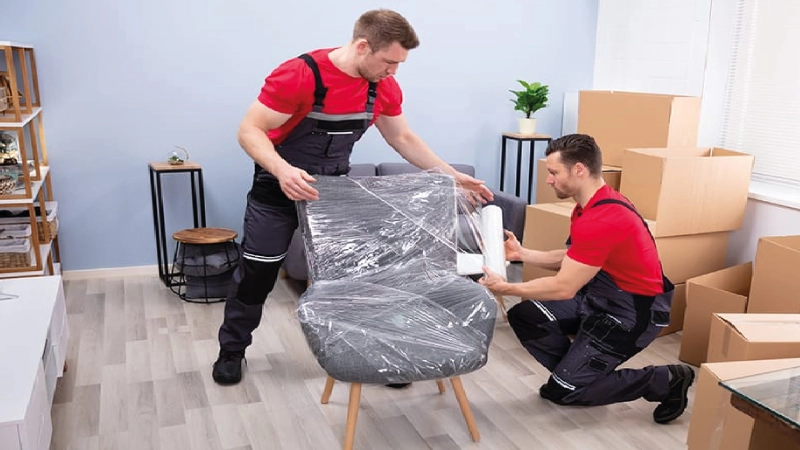

 (239) 799–6077
(239) 799–6077